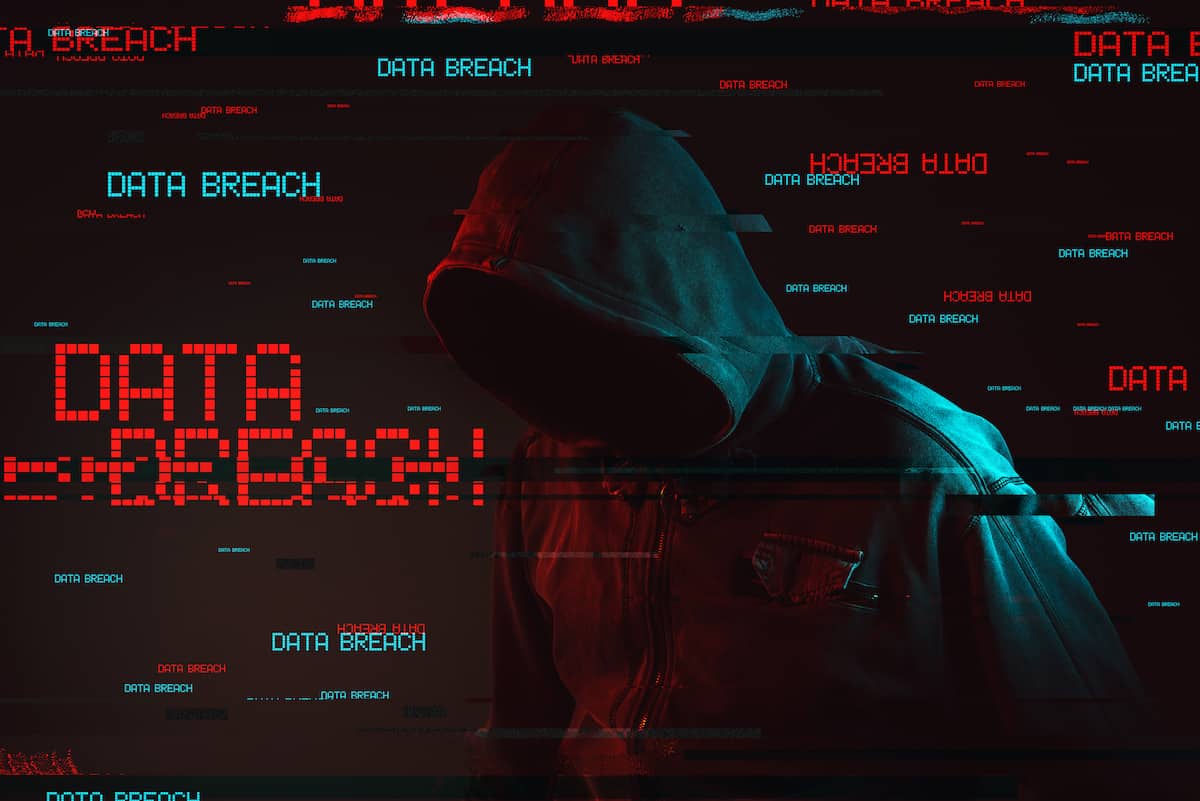North Carolina’s strict voter-ID law has been struck down in Appeals Court. Activists against the law won a major victory on Friday following the unanimous decision of a three-judge panel at the U.S Court of Appeals. The law was enacted in 2013 with voting restrictions that were allegedly an attempt to halt the growing number of African American votes in the state.
Election law experts state that North Carolina’s voter laws were one of the most far-reaching in the country.
Wisconsin has faced similar issues as of late. The state recently had a federal judge ease restriction on voter-ID requirements. A second judge went as far as striking down other elements of the state’s laws as unconstitutional. The laws were signed into action by Governor Scott Walker.
U.S. District Judge James D. Peterson stated, “The evidence in this case casts doubt on the notion that voter ID laws foster integrity and confidence.” Peterson also stated that he would “strike the entire law.” The judge cannot eliminate the law in its entirety, as the Supreme Court allows states to use voter-ID laws in an attempt to combat fraud.
The North Carolina law was found to selectively choose voter-ID requirements by the 4th circuit court. The number of early voting days were released, and procedures were changed to prevent blacks from voting. African Americans vote in overwhelming numbers for Democrats. North Carolina is a Republican majority state.
Judge Diana Gribbon Motz stated on behalf of the panel that “the new provisions target African Americans with almost surgical precision.”
The North Carolina case marks an additional victory against restrictive voting.
A law in Kansas was overturned, as the state required proof of citizenship to be able to register to vote. Republican-led legislation that aims to restrict voting have been overturned in high numbers in recent years.
In North Carolina, public assistance cards, used in high numbers by minorities, were not allowed as proof of identification. Lawmakers in North Carolina have vowed to appeal the decision.










